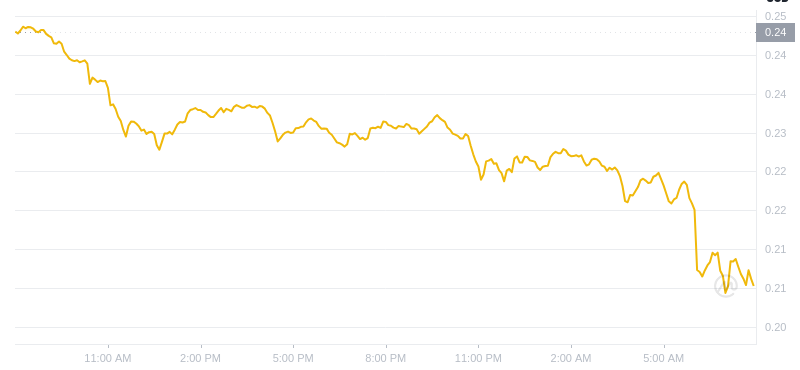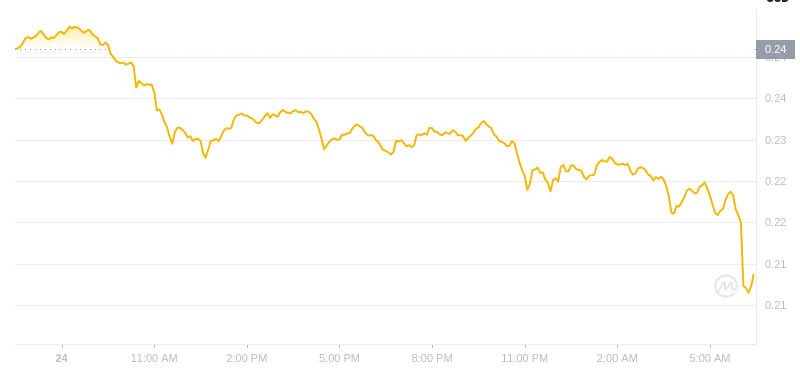
Common Types of Traders Who Consistently Face Losses
常に損失に直面する一般的なタイプのトレーダー
Traders often face consistent losses due to various factors, including poor trading strategies, emotional decision-making, and a lack of discipline. Here are some common types of traders who may encounter these challenges:
トレーダーは、不適切な取引戦略、感情的な意思決定、規律の欠如など、さまざまな要因により継続的な損失に直面することがよくあります。これらの課題に直面する可能性のある一般的なタイプのトレーダーをいくつか紹介します。
Emotional Traders:
These traders base their decisions on emotions such as fear, greed, or impulse rather than rational analysis. They may panic during market downturns or chase fast-paced assets without proper planning, resulting in unfavorable trades.
感情的なトレーダー:これらのトレーダーは、合理的な分析ではなく、恐怖、貪欲、衝動などの感情に基づいて意思決定を行います。彼らは市場の低迷時にパニックに陥ったり、適切な計画を立てずにペースの速い資産を追いかけたりして、不利な取引を引き起こす可能性があります。
Overtraders:
Overtraders execute excessive trades in a short period, believing they can capitalize on every market fluctuation. They often overlook transaction costs and fees, and may not allow sufficient time for their positions to develop, leading to suboptimal performance.
オーバートレーダー: オーバートレーダーは、あらゆる市場変動を利用できると信じて、短期間に過剰な取引を実行します。彼らは取引コストや手数料を見落とすことが多く、ポジションを構築するのに十分な時間を確保できず、最適なパフォーマンスを発揮できない可能性があります。
Impatient Traders:
Impatience drives these traders to seek rapid profits, causing them to exit trades prematurely or enter into high-risk positions. They lack a long-term perspective and incur losses due to impulsive decisions.
せっかちなトレーダー: せっかちなトレーダーは、迅速な利益を求めるようになり、取引を途中で終了したり、リスクの高いポジションに入ったりすることがあります。長期的な視点が欠けており、衝動的な決定により損失を被ります。
Revenge Traders:
After experiencing a losing trade, revenge traders attempt to recover their losses immediately by placing larger, riskier bets. This strategy often leads to even greater losses, as decisions are influenced by emotions.
復讐トレーダー: 復讐トレーダーは、取引で負けを経験した後、より大きくリスクの高い賭けをすることで損失をすぐに取り戻そうとします。意思決定は感情に左右されるため、この戦略はさらに大きな損失を招くことがよくあります。
Ill-Informed Traders:
Traders who lack sufficient knowledge of the markets they trade in often make poor decisions. They may follow rumors or jump into trending markets without fully understanding the underlying risks.
情報不足のトレーダー:取引する市場についての十分な知識が不足しているトレーダーは、誤った決定を下すことがよくあります。彼らは、根底にあるリスクを十分に理解せずに、噂を追ったり、トレンド市場に飛びついたりする可能性があります。
Overconfident Traders:
Overconfidence can lead traders to assume excessive risks, particularly after experiencing a few profitable trades. They may neglect risk management and place significant bets, assuming continued success, but a single unsuccessful trade can eliminate their gains.
自信過剰なトレーダー: 自信過剰により、トレーダーは特に利益の上がる取引を数回経験した後、過度のリスクを負う可能性があります。彼らはリスク管理を無視し、継続的な成功を前提として多額の賭けをするかもしれませんが、一度の取引の失敗で利益が台無しになる可能性があります。
Traders Without a Plan:
Traders who enter the market without a well-defined trading plan often make impulsive decisions. Without a clear strategy for entry, exit, and risk management, these traders expose themselves to significant losses.
計画のないトレーダー:明確に定義された取引計画を持たずに市場に参入するトレーダーは、衝動的な決定を下すことがよくあります。エントリー、エグジット、リスク管理に関する明確な戦略がなければ、これらのトレーダーは重大な損失にさらされることになります。
Undisciplined Traders:
Even with a sound trading strategy, traders can face losses if they fail to adhere to it consistently. A lack of discipline, such as neglecting to adhere to stop-loss limits or prematurely realizing profits, can erode earnings.
規律のないトレーダー:たとえ健全な取引戦略を持っていたとしても、それを一貫して遵守できなければ、トレーダーは損失に直面する可能性があります。ストップロス制限の順守を怠ったり、利益を早期に実現したりするなど、規律が欠如していると、収益が損なわれる可能性があります。
Leverage-Dependent Traders:
Employing excessive leverage can amplify both gains and losses. Traders who rely heavily on leverage risk substantial losses when the market moves against them, as even minor price fluctuations can terminate their positions.
レバレッジに依存するトレーダー:過剰なレバレッジを使用すると、利益と損失の両方が拡大する可能性があります。レバレッジに大きく依存しているトレーダーは、市場が相場に反して動くと、わずかな価格変動でもポジションを強制終了される可能性があるため、多額の損失を被るリスクがあります。
News-Driven Traders:
Solely relying on news or headlines for trading decisions, without a deeper understanding of market fundamentals or technical analysis, can result in poor timing. By the time news becomes available, the market may have already incorporated that information into its pricing.
ニュース主導のトレーダー:市場のファンダメンタルズやテクニカル分析を深く理解せずに、ニュースやヘッドラインのみに依存して取引を決定すると、タイミングが悪くなる可能性があります。ニュースが入手可能になるまでに、市場はすでにその情報を価格設定に組み込んでいる可能性があります。


 DogeHome
DogeHome TheNewsCrypto
TheNewsCrypto Times Tabloid
Times Tabloid DogeHome
DogeHome CFN
CFN Crypto Daily™
Crypto Daily™ DogeHome
DogeHome Crypto Daily™
Crypto Daily™ TheCoinrise Media
TheCoinrise Media






















